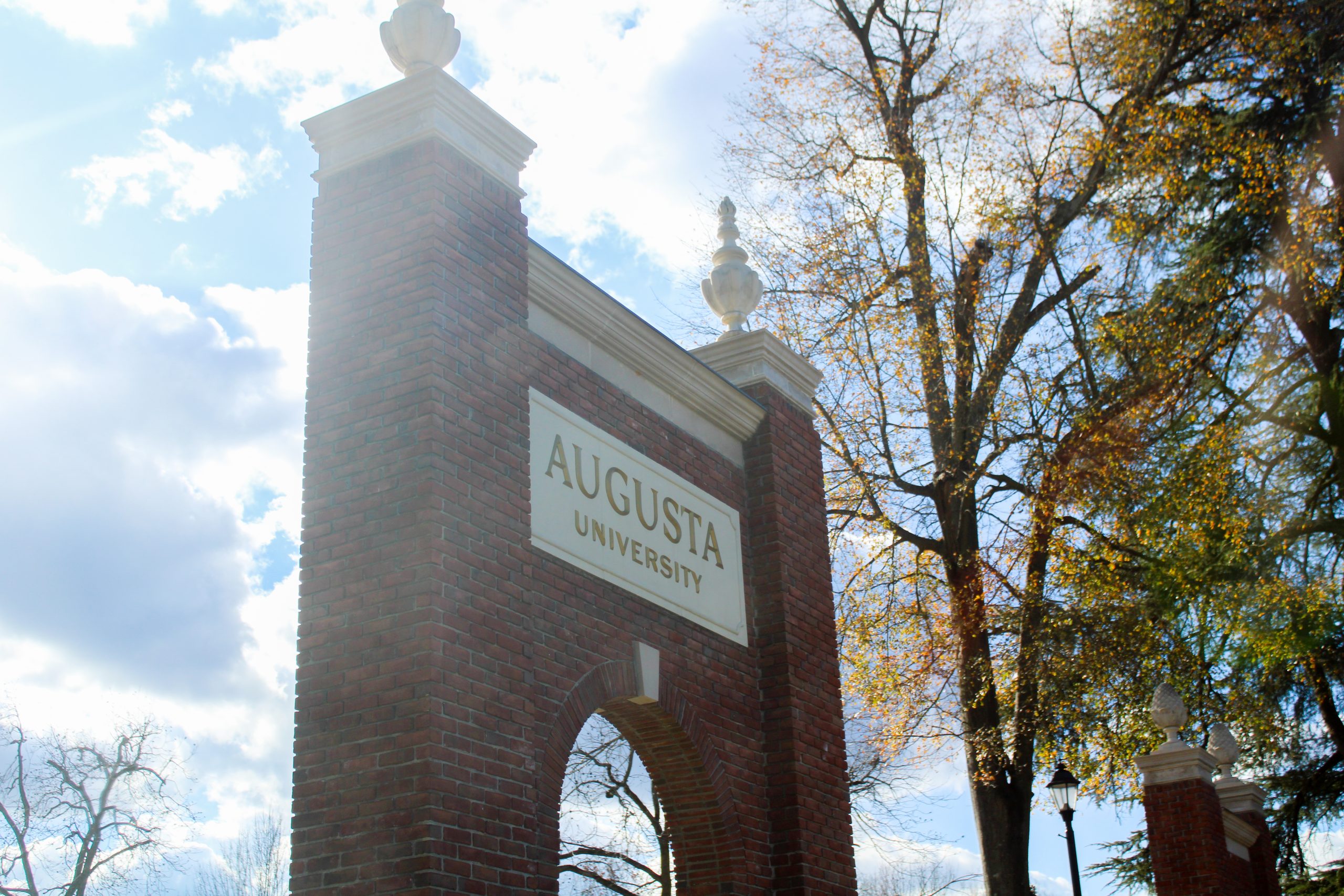Augusta University (AU) will receive $99.8 million from the state of Georgia to support the construction of a new translational research building, part of the amended FY2025 budget signed by Gov. Brian P. Kemp on March 6.
“This funding demonstrates our state leaders’ dedication to the future of a healthier Georgia and their commitment to Augusta University’s mission,” said AU President Russell T. Keen.
Keen thanked several contributors to the efforts of securing the funding, which he believes will greatly meet the needs of multiple researchers at AU and the Medical College of Georgia.
“We are extremely grateful for the hard work, dedication and vision of Gov. Kemp; Lt. Gov. Burt Jones; our state legislators, including Speaker of the House Jon Burns; House Appropriations Chairman Matt Hatchett; Senate Appropriations Chairman Blake Tillery; Rep. Mark Newton, chairman of the House Committee on Higher Education Appropriations; Sen. Billy Hickman, chairman of the Senate Committee on Higher Education Appropriations; our local legislative delegation; as well as Chancellor Sonny Perdue and the University System of Georgia to bring this new research building to Augusta University,” he said.
In addition to state funding, AU has raised nearly $30 million in philanthropic contributions from the Augusta University Foundation, the Medical College of Georgia Foundation, community donors and the City of Augusta, bringing total funding for the $146.2 million project closer to completion.
“The new building will provide modern laboratory spaces, advanced equipment and updated technology infrastructure that will meet the evolving needs of our researchers,” Keen said. “This state-of-the-art research facility will also help us continue to attract top-tier researchers to collaborate on lifesaving discoveries that will benefit the entire state of Georgia and beyond.”
Approximately 70% of the research space on AU’s Health Sciences Campus is currently housed in buildings nearing the end of their useful lifespan. AU estimates that an additional 300,000 square feet of dedicated research space will be needed over the next decade to accommodate projected growth.
A search is currently underway for AU’s next executive vice president for Research and Innovation, who will play a key role in expanding research capacity and elevating the university’s research profile, according to a press from AU.
“Offering residents, fellows and students rich and robust research experiences is also a fundamental part of modern health sciences education,” Keen said. “The new building will help create a physical environment that is centralized, advanced, flexible and conducive to collaborative discovery.”
The new facility will support research in multiple areas, including Alzheimer’s disease, stroke care, heart and vascular care, diabetes, cancer immunotherapy, traumatic injury, pediatric brain tumors, reproductive endocrinology, and COVID-19 care and prevention.
“Supporting science and research at AU and the Medical College of Georgia will benefit infants, children and adults throughout Georgia and the region with innovative breakthrough translational treatments, discoveries and cures,” according to a press release from AU.
For more information on AU and MCG’s expanding efforts, visit: https://www.augusta.edu/mcg/










